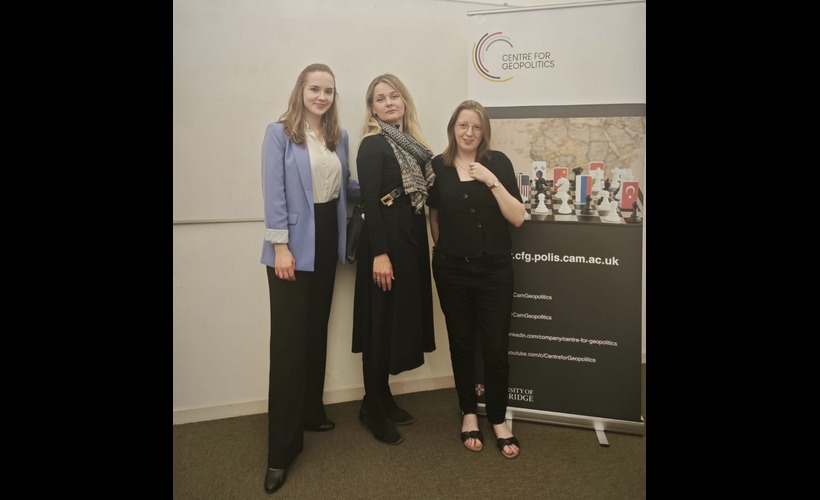By Rt Hon Charles Clarke
The very recent decisions of Finland and Sweden to apply for membership of NATO have put the current geopolitical spotlight on the nature of neutrality in modern Europe. The Turkish response to their applications, which challenged their right to be NATO members because of the applicants’ alleged sympathy for ‘terrorism’ illustrates just how complicated these matters are.
Countries like Ireland, Austria, Switzerland and some of the western Balkan countries seem likely to wish to retain their neutral status at a time when the Russian aggression against Ukraine has made that neutrality less easy to defend.
However ‘neutrality’ does not necessarily mean taking no action in response to momentous international developments. For example, Switzerland did impose sanctions on Russia after 24 February. These steps were unprecedented in nature and of course raise interesting questions about how a ‘neutral’ stance affects the overall foreign policy of the country.
More generally how do decisions for neutrality affect the overall geopolitical security architecture of Europe? Can the choice of neutrality be a positive step to promote security or does it represent only a desire not to take sides, and to keep out of things? For example, does the extension of NATO membership increase the likelihood of a new, more Easterly ‘Iron Curtain’ across Europe? If so, is that good or bad for overall security?
On 6 June the Centre for Geopolitics held a discussion on these issues and the impact that recent events have had on the very concept of neutrality. The event was organised in partnership with the Embassy of Switzerland and the Cambridge Swiss Society.







